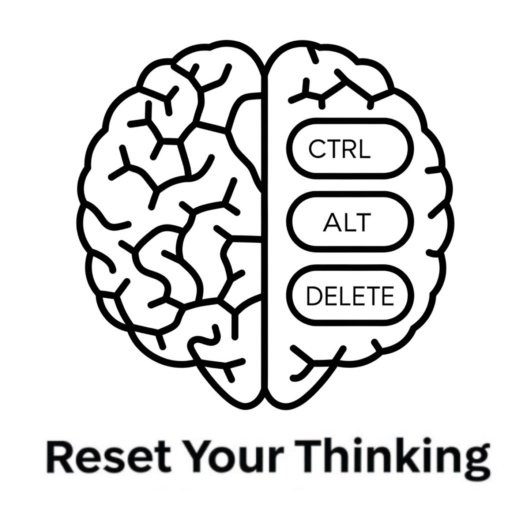This briefing document summarizes the core themes and actionable advice presented in “The Art of Laziness” by Library Mindset. The book argues that overcoming laziness and achieving a fulfilling life requires a fundamental shift in mindset and the adoption of practical productivity techniques. The central message emphasizes taking immediate action, embracing responsibility, focusing on meaningful goals, and rejecting procrastination and perfectionism. The author encourages readers to be mindful of their daily actions and their long-term consequences, urging them to “start living now” before time runs out.
Main Themes and Important Ideas:
1. The Urgency of Now and Regret Avoidance:
- The book opens with a powerful quote emphasizing the finite nature of time: ““One day you will wake up, and there won’t be any more time to do the things you’ve always wanted. Do it now.”“
- It prompts readers to consider their potential regrets at age 80, including “Not doing what you love,” “Being lazy and wasting your time,” and “Not enjoying your life to the fullest.”
- The central call to action is to stop making excuses and start pursuing desired activities immediately. “Wasting your time so that time can be perfect is the worst excuse, and you will regret it later. There is no perfect time. The best time is now.“
2. Mindset Shift and 100% Responsibility:
- The first part of the book focuses on mindset, emphasizing personal responsibility for one’s life. ““The price of greatness is responsibility.” -Winston Churchill”
- Blaming others is deemed “useless” and an avoidance of confronting problems. “Every action that you take or not take impacts your life. So, the next time you blame someone else for your problem, consider the consequences. Your future is in the hands of your present actions.”
- The past should be a source of lessons, not regrets, and dwelling on it is unproductive.
- Harsh truths are presented: “If you’re lazy, it’s your fault. If you’re unhappy, it’s your fault. If you’re a procrastinator, it’s your fault.”
- The importance of taking action is stressed: “The best time to plant a tree was 20 years ago. The second-best time is now.” -Chinese proverb
3. Embracing Mistakes and Moving Forward:
- Mistakes are seen as inevitable and opportunities for learning. ““Success does not consist in never making mistakes but in never making the same one a second time.” – George Bernard Shaw”
- Dwelling on mistakes is a “second mistake.” The focus should be on learning and moving forward quickly.
4. Focus and Avoiding Unnecessary Concerns:
- Readers are advised to “Stick to your business” and not worry about things that don’t directly affect them. ““Keep your attention focused entirely on what is truly your concern and be clear that what belongs to others is their business and none of yours.”- Epictetus”
5. Self-Reliance and Initiative:
- The book strongly emphasizes self-reliance: “Nobody is coming to save you.” Individuals must take responsibility for changing their own lives and achieving their goals. The story of the farmer and the sparrow illustrates the importance of acting for oneself rather than depending on others.
6. Persistence and Long-Term Perspective:
- Three types of people are identified: those who never start, those who give up when things get hard, and the “one percent who do become successful” through hard work and persistence.
- Life is portrayed as a “marathon, not a sprint,” requiring perseverance to reach the finish line.
7. Controlling the Controllable:
- It’s crucial to distinguish between what can and cannot be controlled. Worrying about uncontrollable factors is unproductive. “Worrying about things you can’t control will make your life miserable.” Focus should be on controllable aspects like effort and mindset.
8. The Power of Action Over Perfection:
- Perfectionism is presented as a hindrance to progress. ““Perfectionism is a disease. Procrastination is a disease. ACTION is the cure.”– Richie Norton”
- The principle of “Done is better than perfect” is advocated for tasks that don’t require meticulous detail. Shane Parish’s quote on reversible and irreversible decisions is included.
9. Rejecting Mediocrity and Thinking Big:
- Mediocrity is seen as a choice resulting from small, repeated decisions. People settle for it often due to the influence of their surroundings.
- Readers are encouraged to “Think big” and pursue their dreams, even if they fail, as it’s better than the regret of never trying. “Nobody wants to be mediocre.” -Steve Jobs
10. The Inefficiency of Multitasking:
- Multitasking is debunked as ineffective, citing the example of the Mars Climate Orbiter failure. “If you have two important tasks, then multitasking will reduce your efficiency.” Focus on one task at a time is recommended.
11. Importance of Routine and Self-Reflection:
- Establishing a daily routine, like Leo Tolstoy’s, helps to streamline actions and reduce mental clutter.
- Regularly sitting alone for self-reflection (5-10 minutes daily) is encouraged for gaining clarity. ““All of humanity’s problems stem from our inability to sit quietly in a room alone” – Blaise Pascal”
12. Eliminating Distractions:
- Distractions are likened to the Trojan Horse, leading to wasted time and decreased productivity. Deleting time-wasting apps is a concrete suggestion.
13. The Necessity of Saying No:
- Learning to say no is essential for controlling one’s time and energy. ““Half of the troubles of this life can be traced to saying yes too quickly and not saying no soon enough.” -Josh Billings”
- Saying yes to everything leads to feeling burdened and distracted from one’s goals. Seneca’s quote about knowing one’s port is used to highlight the importance of focused goals.
14. Productivity vs. Busyness:
- The focus should be on being productive (working on goal-oriented tasks) rather than merely being busy. “If the ladder is not leaning against the right wall, every step we take just gets us to the wrong place faster.” – Stephen Covey
15. The Myth of the “Right Time” and the Power of Consistency:
- Waiting for the perfect time is a form of procrastination. “The one main reason that a lot of people are lazy is they’re always waiting for the right time… The perfect time is now.“
- Consistency is key to achieving mastery. The story of the bamboo tree illustrates the importance of persistent effort even when results are not immediately visible.
16. The Influence of Surroundings:
- ““You are the average of the five persons you spend the most time with.” -Jim Rohn” The people one surrounds themselves with significantly impact their habits and mindset.
- Choosing to be around positive and driven individuals is crucial for personal growth. Avoiding negative influences and not taking advice from those whose lives one wouldn’t want is recommended. ““If they don’t have what you want, don’t listen to what they say.” – Alex Hormozi”
17. Overcoming Worry Through Action:
- Worry is often linked to inactivity. ““I am an old man and have known many troubles, most of which never happened.” -Mark Twain”
- Action is presented as the antidote to worry. Worries should be classified into controllable (requiring action) and uncontrollable (which should be disregarded).
18. Prioritizing Difficult Tasks and Visualizing the Future:
- “Do the Hard Thing First” is a key productivity tip. Completing the most challenging task early in the day builds momentum and reduces mental burden.
- Thinking about one’s “Future Self” and the potential regrets or benefits of present actions is a powerful motivator. ““People do not decide their futures; they decide their habits, and their habits decide their futures.” ― F. M. Alexander
19. Delegation for Greater Impact:
- Delegation is necessary for achieving significant goals. “If you want to do a few small things right, do them yourself. Learn to delegate if you want to do great things and make a big impact.” – John C. Maxwell
20. Efficient Learning:
- Learning should be focused on useful knowledge that can improve one’s life.
- A sense of urgency is important in learning; “Learn now. You need to start right now.”
- The emphasis is on the quality and variety of reading material rather than just speed reading.
21. Practical Productivity Tips and Techniques (Part 2):
- 20 Productivity Tips: A numbered list reiterating key advice like planning the day, writing goals, following the 80/20 rule, stopping multitasking, eliminating distractions, learning to say no, delegating, and doing the hated task first.
- 80/20 Rule (Pareto Principle): Focus on the 20% of work that yields 80% of the results.
- Parkinson’s Law: Work expands to fill the time allotted; setting shorter deadlines can increase efficiency.
- 8 Japanese Techniques to Overcome Laziness:Ikigai: Finding purpose in life.
- Kaizen: Focusing on small daily improvements (1% better every day).
- Shoshin: Approaching tasks with a beginner’s mindset.
- Hara Hachi Bu: Eating until 80% full to avoid lethargy.
- Shinrin-yoku: Spending time in nature for stress reduction.
- Wabi-sabi: Finding beauty in imperfection.
- Ganbaru: Being persistent and doing one’s best.
- Gaman: Showing patience and perseverance during difficulties.
- 10-Minute Nightly Reflection: Reviewing accomplishments and planning the next day to increase awareness and focus. The “3 Arrows” concept suggests focusing on three high-value tasks daily.
- 10 Tiny Habits: Incorporating small positive habits like moving the body, eating well, having a purpose, drinking water, and surrounding oneself with loved ones.
- Pomodoro Technique: Working in focused 25-minute intervals with short breaks.
- 5 Minute Rule: Completing tasks that take less than 5 minutes immediately.
- Two Day Rule: Avoiding missing a consistent habit for more than two consecutive days.
22. Final Encouragement:
- The book concludes with a strong message about the preciousness of life and the urgency to pursue one’s desires. “Wake up; you will get the same results if you keep doing your current work.“
- Readers are urged to live authentically, free from the expectations of others, and to act now to avoid future regrets.
Conclusion:
“The Art of Laziness” presents a direct and motivational guide to overcoming inertia and living a more purposeful and productive life. By emphasizing personal responsibility, the power of immediate action, and practical techniques, the book encourages readers to break free from the cycle of laziness and start actively shaping their desired future. The inclusion of quotes and anecdotes reinforces the key messages and provides relatable context.
RYT Podcast is a passion product of Tyler Smith, an EOS® Implementer (more at IssueSolving.com). All Podcasts are derivative works created by AI from publicly available sources. Copyright 2025 All Rights Reserved.

